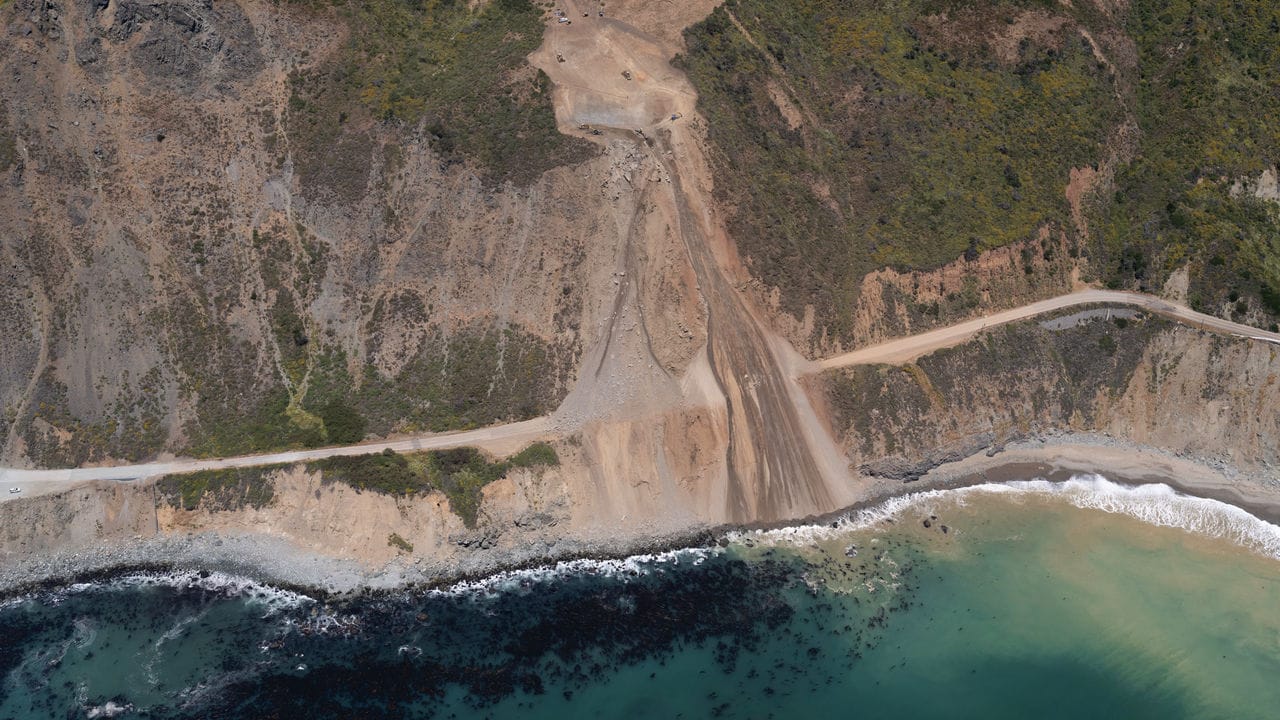“Dune” is a warning about political heroes and their tribes
Its ruthless scepticism of human nature helps explain its enduring appeal

Frank Herbert, the author of the science-fiction novel “Dune” on which a new blockbuster film is based, would have been amused to learn that ecologists along the Oregon shore are ripping invasive European beachgrass out of the ground. As a young journalist in the late 1950s, Herbert derived his inspiration for a tale about a desert planet from watching ecologists plant the grass to control encroaching sand dunes. The scheme worked, maybe too well: residents of the coastal towns that the grass helped prosper now long for the beauty of the dunes and regret the unintended consequences for native flora and fauna.
Explore more
This article appeared in the United States section of the print edition under the headline “Castle made of sand”
United States March 16th 2024
- New numbers show falling standards in American high schools
- Ultra-Orthodox Jewish women are staging a sex-strike
- Amtrak’s ridership is touching record highs
- Time is called on Oregon’s decriminalisation experiment
- Is deploying soldiers on New York’s subway as mad as it seems?
- The best dataset on American health care will be harder to access
- “Dune” is a warning about political heroes and their tribes
More from United States

The demise of an iconic American highway
California’s Highway 1 is showing the limits of man’s ingenuity

How the election will shape the Supreme Court
A second Trump administration could lock in a conservative supermajority for decades

Could the Kamala Harris boost put Florida in play for Democrats?
Some party enthusiasts think so, but realists see re-energised campaigning there as a savvy Florida feint
America is not ready for a major war, says a bipartisan commission
The country is unaware of the dangers ahead, and of the costs to prepare for them
The southern border is Kamala Harris’s biggest political liability
What does her record reveal about her immigration policy?
